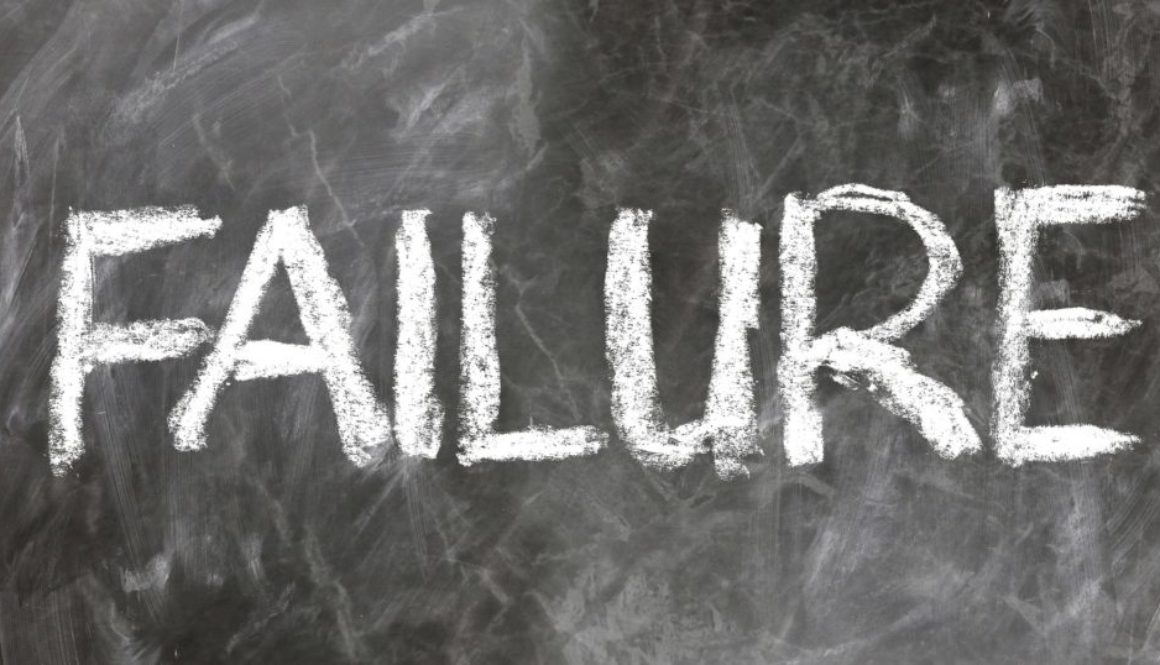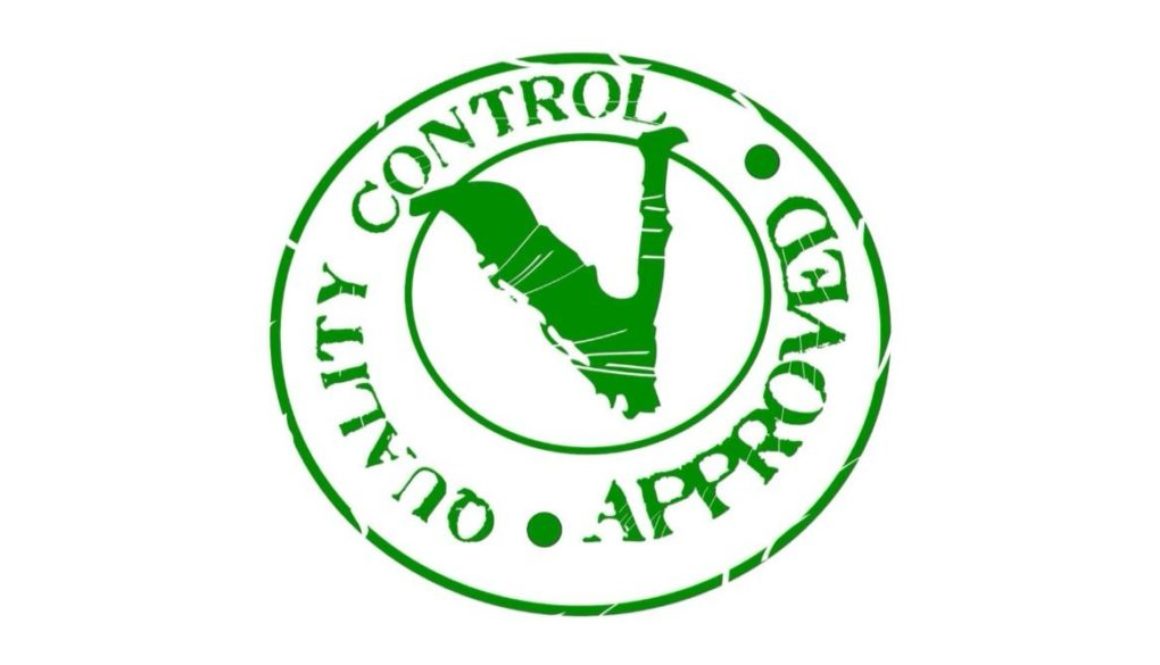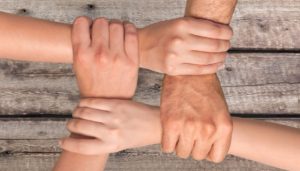Who’s responsible for kids learning skills and acquiring new knowledge?
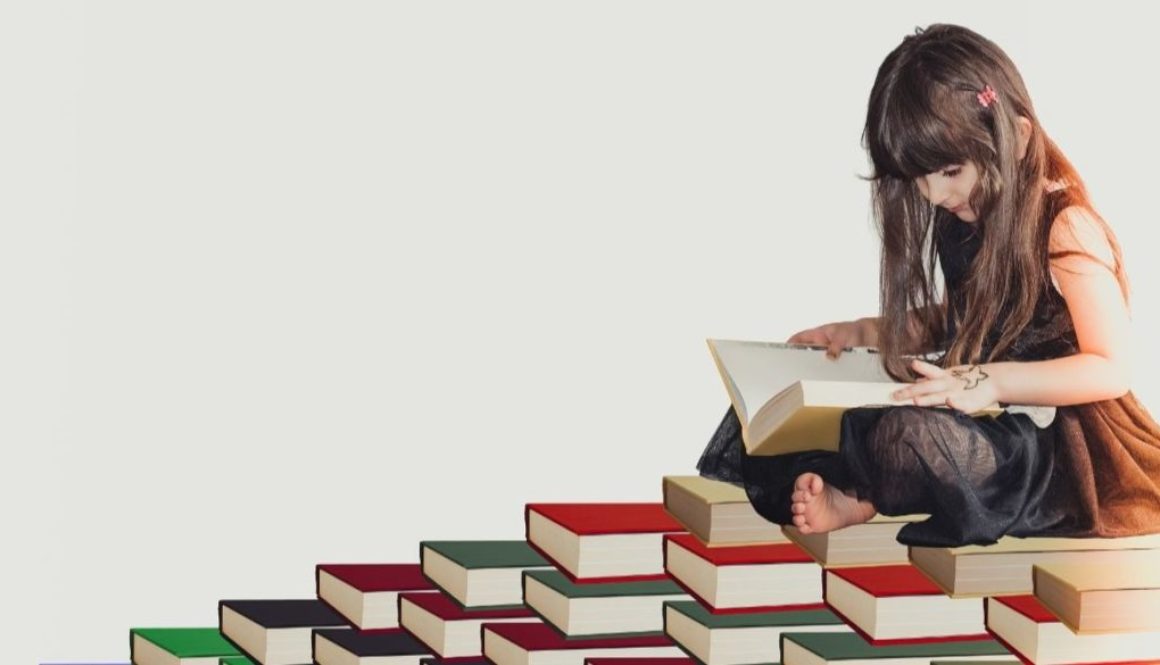
The right to learning and education is described in the Children’s Rights Convention: “28. You have the right to an education. You must be able to attend primary school, and it should be free.”
I believe most of us can agree that having knowledge and skills is important. But how do we best acquire them and why doesn’t all kids have a burning passion for learning?
Whose job is it to teach our kids what they need to know?
Highly political question. Every pre-election period we hear our politicians promise this and argue that in regards to the school system. “We should give grades from an earlier age to ensure that we track the progress of learning”, “We must give more resources to schools to facilitate classes with fewer students per teacher”, “We should prohibit the use of mobile phones in school so that the students can focus more”.
In Sweden the debate goes warm about where the responsibility for our children’s learning lies; is it the teacher’s job or is it the parents’? It’s not an easy question. How much responsibility can be put on a teacher to provide an interesting, educational, thought provoking curriculum while trying desperately to get 24 kids to sit at their desks, keep the noise level down so you can be heard and stop playing with their phones looking for Pokémons?
There are so many responsible parents thinking it’s their responsibility. They believe they should’ve raised a well behaved kid meaning a kid that can sit still, listen to the teacher and do all the homework correct and on time. A traditional A-grade student.
I believe it is indeed our teacher’s responsibility to provide challenging and tricky problems for our kids to learn from. I think school should nurture curiosity and a will to explore. The school culture as well as the passion and drive of the individual teacher is so important.
I also share the belief that it’s my job to raise my children in a way so that they show respect and can interact with other people.
When it comes to the actual learning though, I believe, that the ultimate responsibility must be on the child herself.
Can you put that responsibility on a child?
I’m not saying that we as parents should just lean back and heap the responsibility completely over on our little cubs. “Go on, I’ve taught you to behave, now go learn everything your teacher tells you!” lovingly adding; “I’ll be so proud of you when you get your straight A’s”. No. Putting pressure on acquiring knowledge, I believe, will not serve my kids very well.
You know that saying; “You can lead a horse to water but you can’t make it drink”? Nowadays there are thankfully many who talk about shifting focus to figuring out why the horse isn’t drinking in the first place. The saying has slowly evolved into “how can I make it thirsty instead of leading it around?”.
When I suggest that it should be the responsibility of the child to learn new things I don’t mean that we should commit less to their education. I just think we would do more good if we focus on getting them intrinsically motivated. If we can get our kids thirsty for knowledge and skills they will make sure to get it themselves. If we show them the real life effects of having knowledge and skills; the freedom it provides and the possibilities that opens up they will be inspired and motivated, I believe, to go out and get it.
Foundations for intrinsic motivation
So what are the basics for getting thirsty? Well, I’d be amiss if at first I didn’t at least mention the importance of nurturing a growth mindset in this context. Carol Dweck’s work regarding mindset details how foundational a growth mindset is to be able to maintain grit and persistence.
With a growth mindset as a strong base it then comes down to understanding what knowledge and skills are good for. Why is it important to learn new things? Do you know your answer? How would your kids answer that question today?
I believe learning is what makes it possible for me to reach my goals. Knowledge and skills makes it possible for me to succeed at whatever it is I want to be doing. Every goal, no matter how big or small, can be broken down to what I need to learn. It’s sometimes not easy to figure out what the individual pieces, of knowledge and/or skills, are for a specific goal. But even that is something that can be learnt. The skill of breaking down goals into small steps. The ability to take action is also a skill than you can learn.
So the basic foundation for learning, after a growth mindset, is to dream and to stay curious.
If you believe you can reach a goal you are more likely to do the work
As a grown up, with a slowly evolving growth mindset, I’m currently working on the skill to dream. Yeah, that’s right, it sounds completely insane but I stopped using that skill, which we all have at birth, and so it’s a bit rusty. Connecting the belief that I can learn anything I want, given enough time, to my dreams creates a whole new level of drive.
I believe that the formula for reaching goals look something like this:
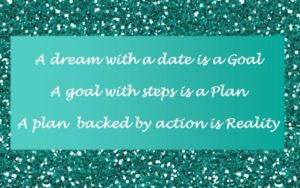
Dream + Game plan + Knowledge/skills + Action = Reaching your goals
What are some things your kids would love to be able to do? Can you help her/him to break that goal down into bite sized action items?
Does she want to learn to play the piano to be able to hold a concert? Maybe you can break it down to learning the first three notes and play a song for your family gathering in a couple of weeks?
Does he want to learn to speak Spanish? Maybe you can learn a couple of phrases so that the next time you’re in a Spanish restaurant he can order the food?
Help them track their progress, remind them what level they were at just a couple of weeks or days ago. Bring their attention to the fact that it’s the learning that are making them progress.



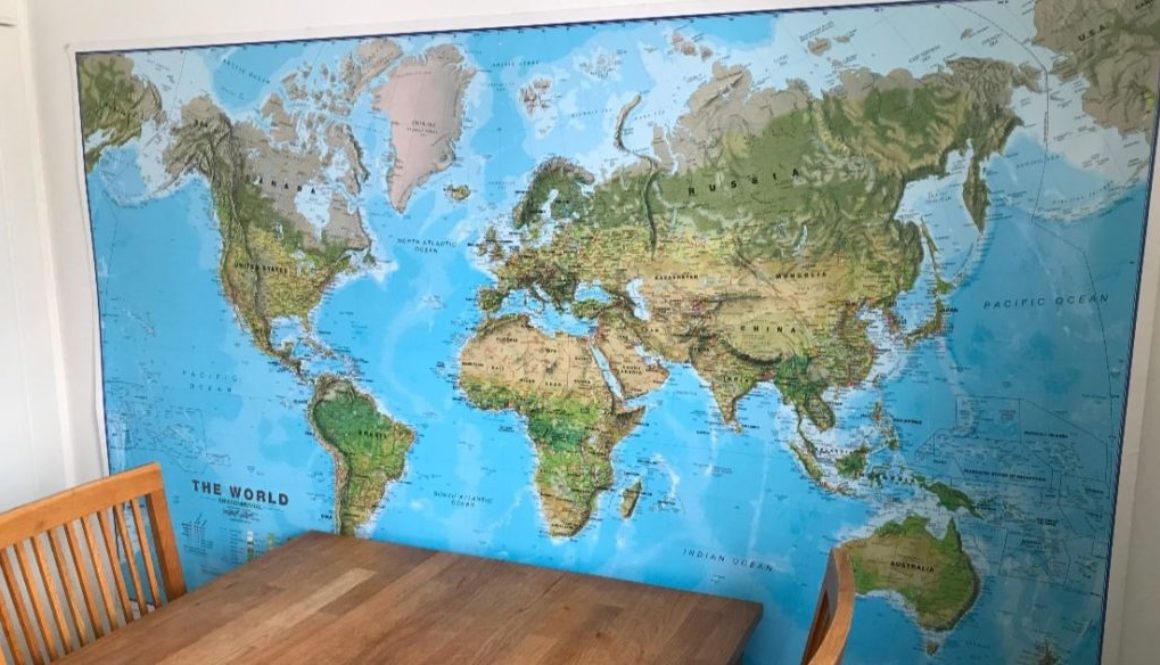
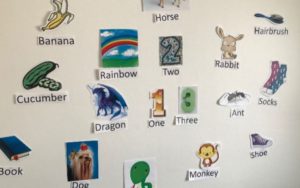 I’ve used the walls and the doors to our cupboards in the kitchen as a space to place visual triggers for learning. When my girls were starting to learn English I printed color pictures of words they might like. I printed cards with the names in English and put a reusable adhesive on the back of all of them so we could move them around. Some mornings we had only pictures of animals on the wall, some mornings only words so the girls could find the right picture for each word. Without fail I could change the pictures and one or both of them would notice and be drawn to working with the words. Sometimes they would ask me to test them on the words during dinner. They pay attention to what’s in front of them and their curiosity is automatic.
I’ve used the walls and the doors to our cupboards in the kitchen as a space to place visual triggers for learning. When my girls were starting to learn English I printed color pictures of words they might like. I printed cards with the names in English and put a reusable adhesive on the back of all of them so we could move them around. Some mornings we had only pictures of animals on the wall, some mornings only words so the girls could find the right picture for each word. Without fail I could change the pictures and one or both of them would notice and be drawn to working with the words. Sometimes they would ask me to test them on the words during dinner. They pay attention to what’s in front of them and their curiosity is automatic. On the windowsill we have a lamp in the shape of a globe. It’s Earth lit up from the inside, giving a soft glow to our kitchen during our winter mornings. We also have a large, 1*1,5 meter, world map on the wall. These two together have been the start of many conversations regarding traveling, geography and coordinates systems as well as historical and political questions.
On the windowsill we have a lamp in the shape of a globe. It’s Earth lit up from the inside, giving a soft glow to our kitchen during our winter mornings. We also have a large, 1*1,5 meter, world map on the wall. These two together have been the start of many conversations regarding traveling, geography and coordinates systems as well as historical and political questions.

